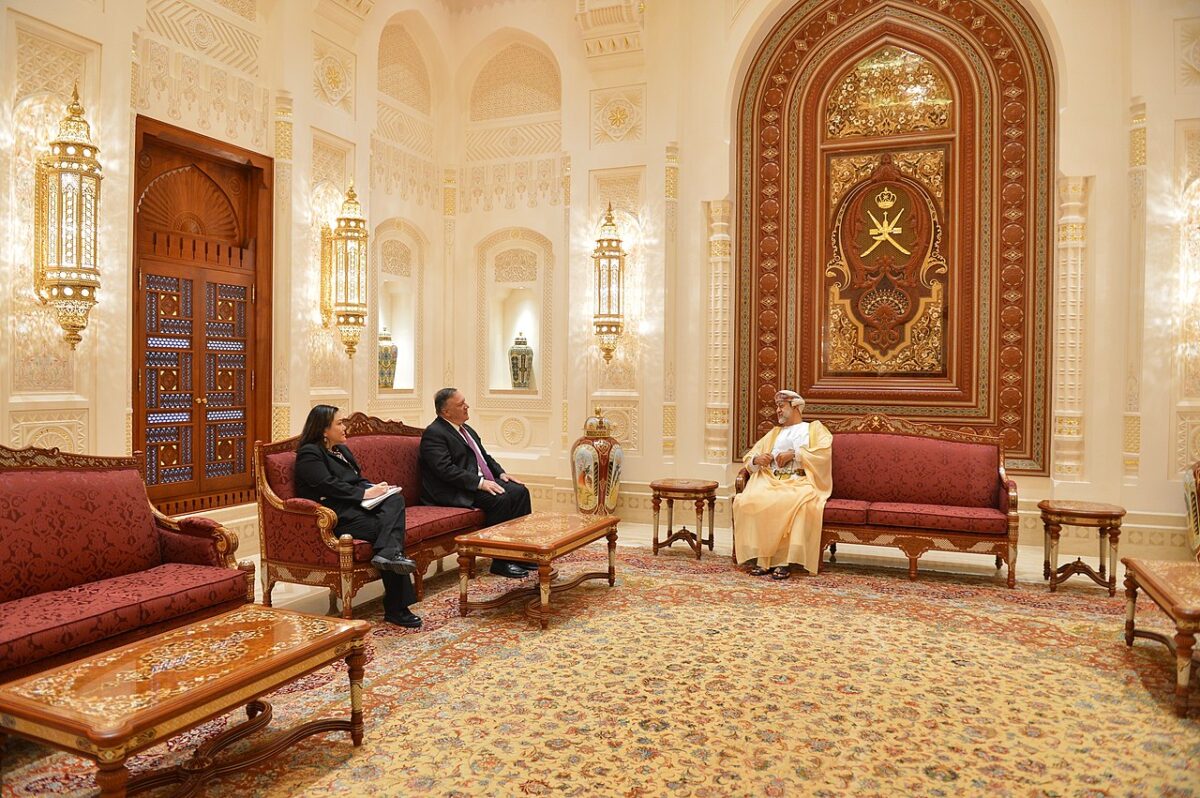A few days after the United States announced that Israel and the United Arab Emirates would normalize relations, Prime Minister Benjamin Netanyahu triumphantly spoke of a new spirit in the Middle East that would break down barriers between Israel and Arab states and eventually lead to an Israeli accommodation with the Palestinians.
The new doctrine, he said, goes against the grain of conventional wisdom that no Arab country will make peace with Israel unless it withdraws from territory captured in the 1967 Six Day War and resolves its conflict with the Palestinians.
“This historic change will advance peace with the Arab world and, in the end, advance true peace with the Palestinians,” he predicted.
The doctrine is based on two principles, “peace for peace” and “peace through strength,” said Netanyahu, adding that it deprives the Palestinians of the veto power to prevent Israel from signing peace treaties with its Arab neighbors.
Netanyahu elaborated on this theme on August 30. As he put it, “If we have to wait for the Palestinians, we would have to wait forever. No longer. The Palestinians, when they realize that their veto has dissipated, will be hard pressed to remain outside the community of peace.”
Has Netanyahu spoken too soon? It appears this may be the case.
In the wake of Israel’s historic rapprochement with the United Arab Emirates on August 13, forcing Israel to suspend plans to annex up to one-third of the West Bank, the Israeli media speculated that a handful of Arab nations, principally Bahrain, Oman and Sudan, would follow in the United Arab Emirates’ footsteps.
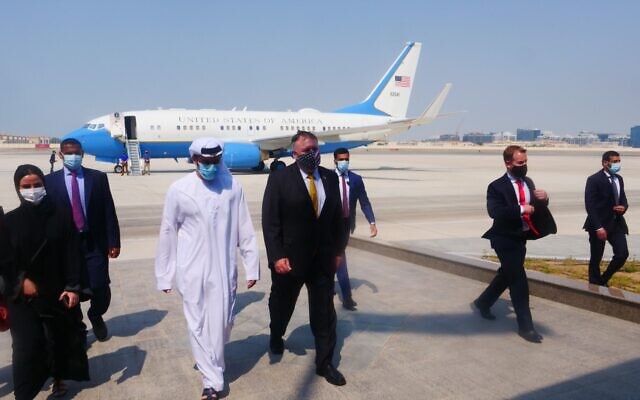
Confident that this scenario was more than faint possibility, U.S. Secretary of State Mike Pompeo visited three countries that might take the plunge — Bahrain, Oman and Sudan. As he flew from Tel Aviv to Sudan, he posted a photograph on Twitter of his flight path and tweeted, “Happy to announce that we are on the FIRST official NONSTOP flight from Israel to Sudan.”
Pompeo could be forgiven for sounding so optimistic. The diplomatic breakthrough with the United Arab Emirates — Israel’s third peace treaty with an Arab nation since 1979 — lifted hearts and minds and preceded the first direct commercial flight between Tel Aviv and Abu Dhabi, which is supposed to take place on August 31.
But as Pompeo’s confidence-building trip unfolded, he doubtless realized that normalization, at best, will be a time-consuming process. Leaving the region on August 27, he returned to Washington empty-handed, apparently not having convinced a single Arab government to emulate the United Arab Emirates.
Pompeo was hopeful that Sudan, which is still on a U.S. blacklist of state sponsors of terrorism, could be the fourth Arab country to forge peace with Israel.
Last winter, Sudan’s transitional leader, General Abdel Fattah al-Burhan, conferred with Netanyahu in Uganda, raising hopes that Sudan would gradually normalize relations with Israel.
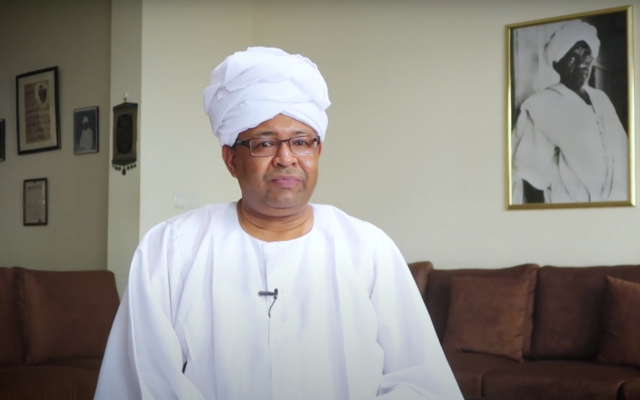
On August 20, the spokesman of Sudan’s Foreign Ministry, Haidar Badawi Sadiq, told Sky News Arabia that Sudan was looking forward to establishing formal relations with Israel, and that a peace treaty could be signed by the end of 2020 or at the beginning of 2021.
The following day, Sudanese Foreign Minister Omar Qamar al-Din Ismail denied the assertion and fired Sadiq. But on the same day, the director of the Mossad, Yossi Cohen, met the deputy leader of Sudan’s ruling military council, Mohammed Hamdan Dagalo, according to Arab media reports.
On August 25, the prime minister of Sudan told Pompeo — the first American Secretary of State to visit Sudan in 15 years — that Sudan cannot normalize ties with Israel until its political transition is completed in 2022. Since the coup in 2018, Sudan has been administered by a military council.
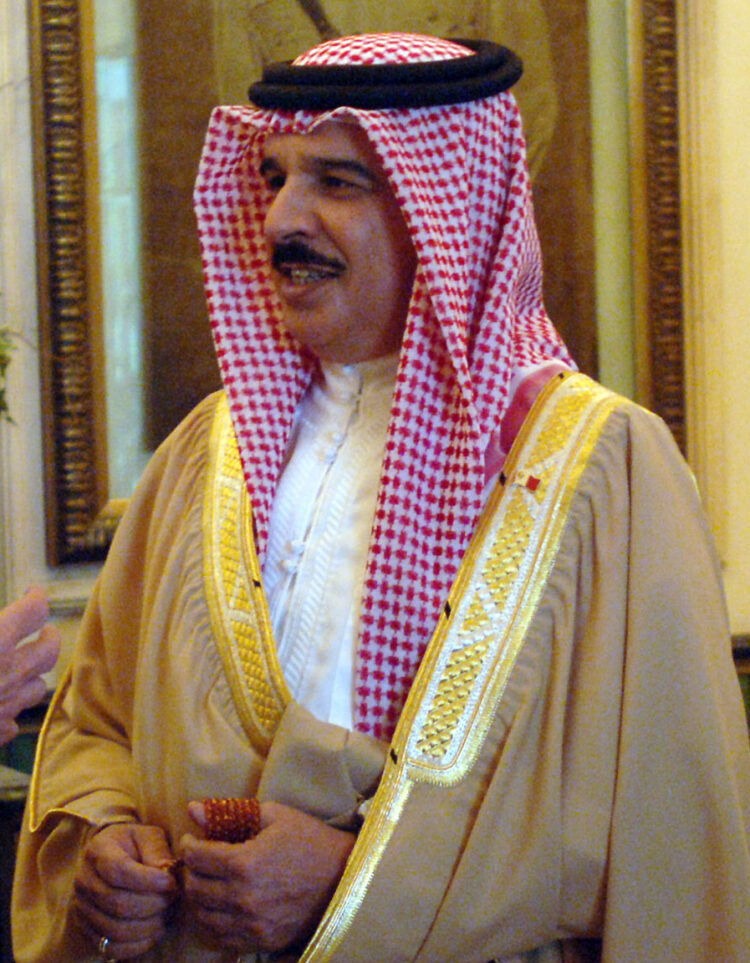
Bahrain, which hosts the U.S. Navy’s 5th Fleet, did not commit to normalizing relations with Israel either. Its king, Hamad bin Isa al-Khalifa, informed Pompeo that Bahrain supports the 2002 Arab League peace proposal, which calls for normalization if Israel withdraws from the occupied territories and agrees to the creation of a Palestinian state, with East Jerusalem as its capital.
As the Bahrain News Agency said, “The king stressed the importance of intensifying efforts to end the Palestinian-Israeli conflict according to the two-state solution …”
Pompeo tweeted, “We discussed the importance of building regional peace and stability, including the importance of Gulf unity and countering Iran’s malign influence in the region.”
Not a word about Israel.
Pompeo essentially received the same message on his last stop in Oman, which Netanyahu visited nearly two years ago. “Met today with Omani Sultan Haitham bin Tarik al-Said on the importance of building regional peace, stability and prosperity through a united Gulf Cooperation Council,” he tweeted.
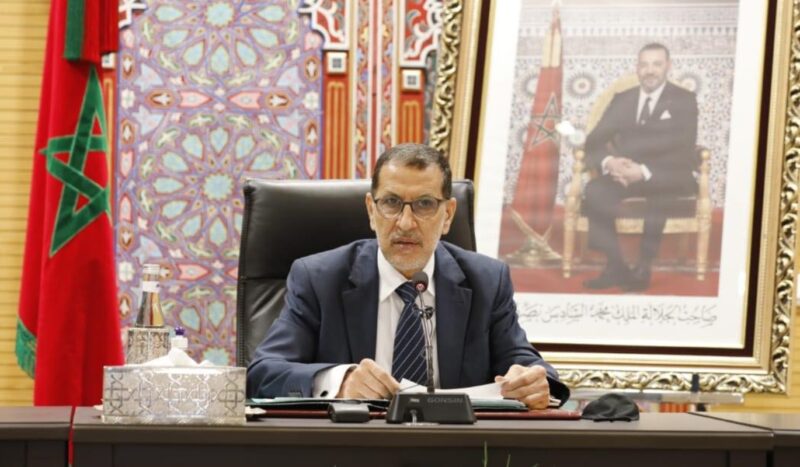
During Pompeo’s swing through the Middle East, Moroccan Prime Minister Saad-Eddine al-Othmani threw cold water on the idea that Morocco would establish relations with Israel. “We refuse any normalization with the Zionist entity because this emboldens it to go further in breaching the rights of the Palestinian people,” he said in a speech to his Islamist PID Party.
Two days later, however, he backtracked, saying he had spoken in his capacity as a party leader rather than as Morocco’s prime minister.
Before Pompeo set out on his journey, a Kuwaiti newspaper reported that Kuwait rejects the notion of normalization with Israel. “Our stance on Israel has not changed, following the United Arab Emirates agreement, and we will be the last to normalize relations,” a Kuwaiti official was quoted as saying. “The Kuwaiti position is consistent with its decades-old foreign policy approach in support of the Palestinian cause, as it is the premier Arab issue.”
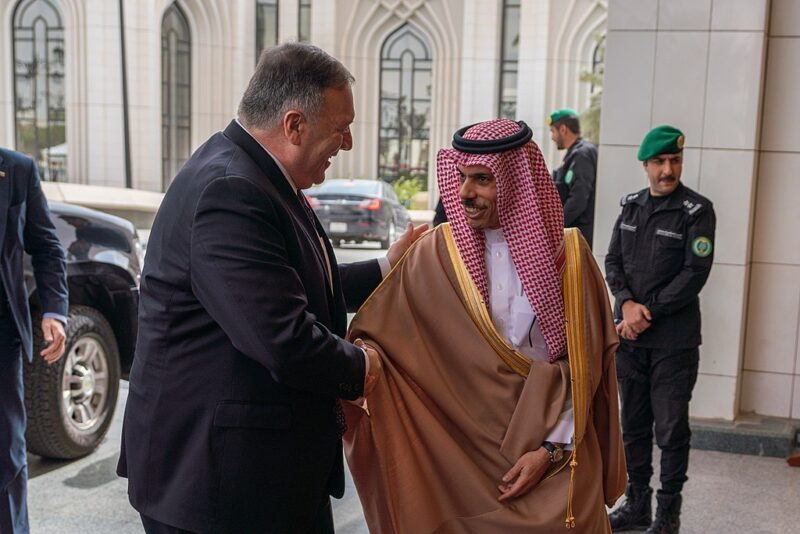
On August 19, Saudi Arabian Foreign Minister Faisal bin Farhan al-Saud reiterated his country’s longstanding position that Saudi Arabia will not make peace with Israel unless the Palestinian problem is settled.
“Once this goal is achieved, anything is possible,” he said at a press conference in Berlin with Germany’s foreign minister, Heiko Maas, who recently paid a visit to Israel.
Long story short: Arab states, even those favorably disposed to coming to terms with Israel, will not move forward until the protracted Palestinian question is resolved to the satisfaction of the Palestinian leadership.
That may take a very long time.
